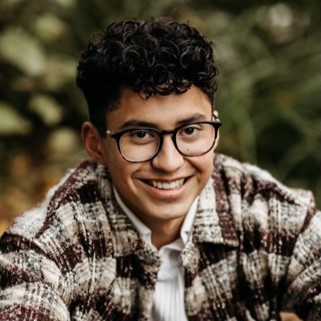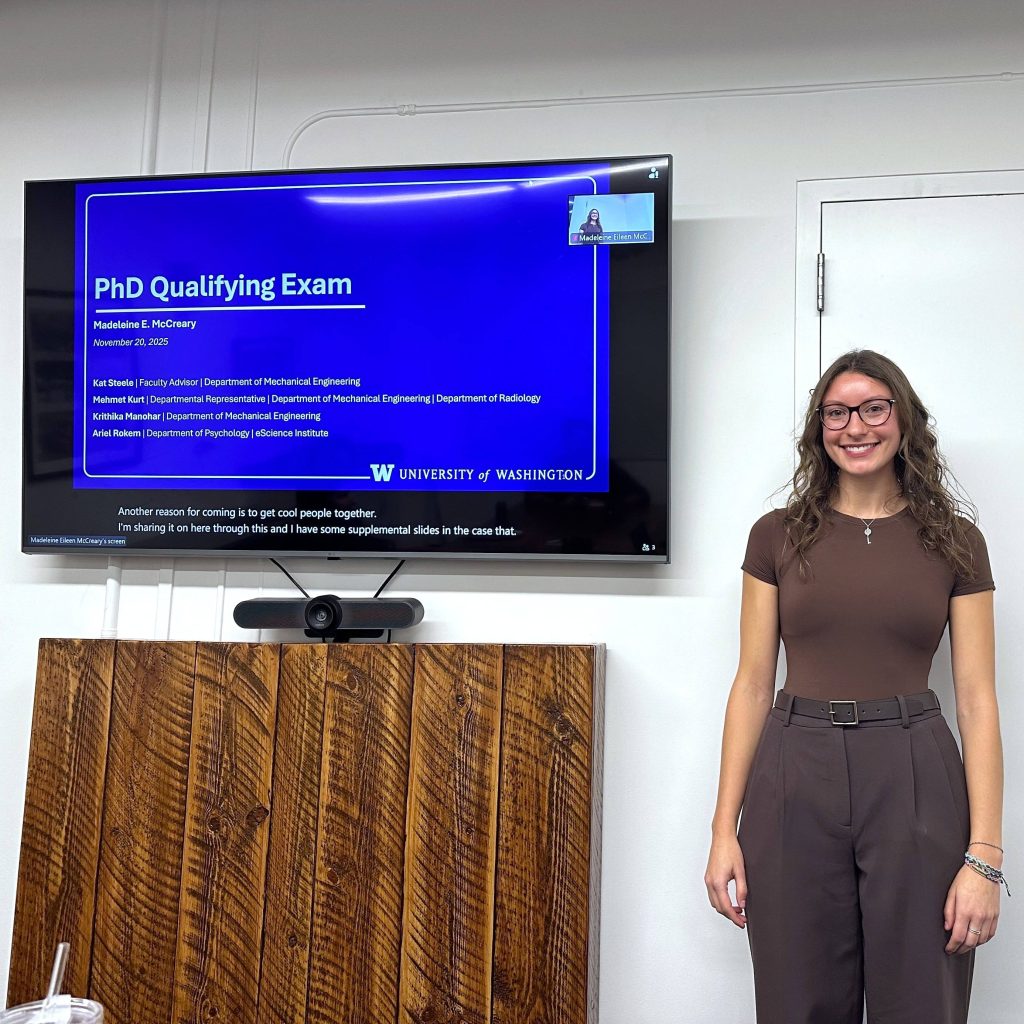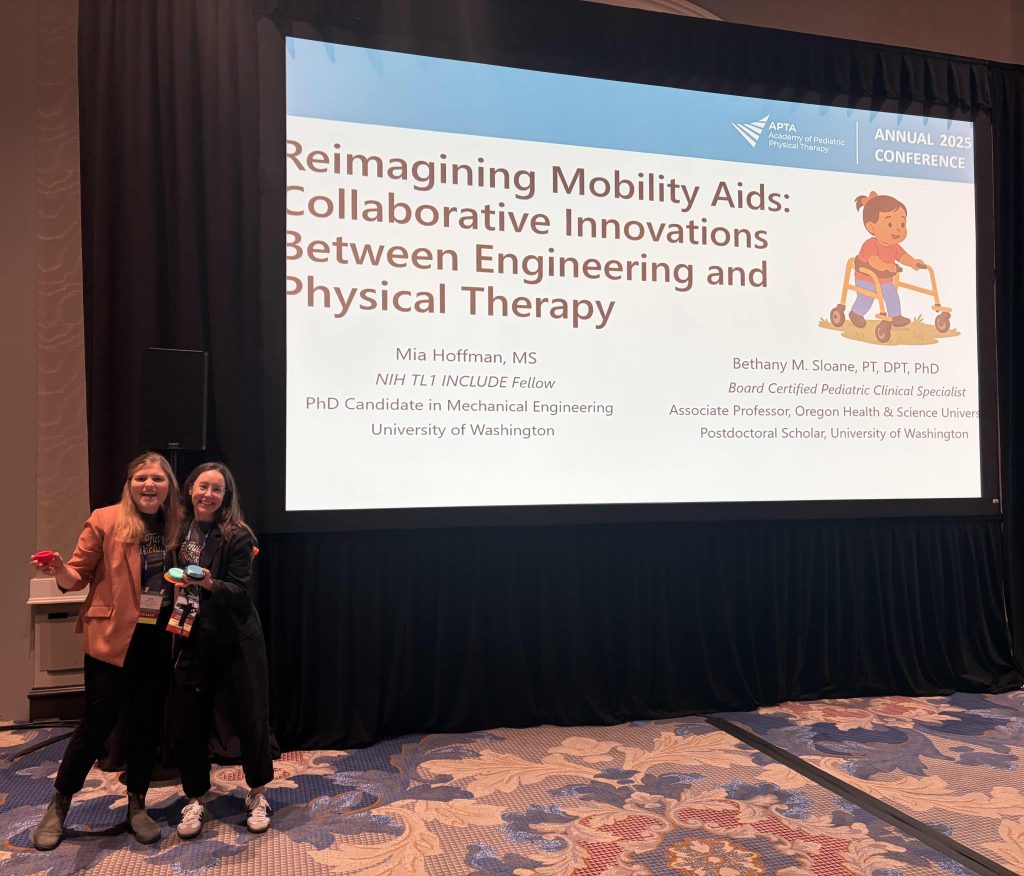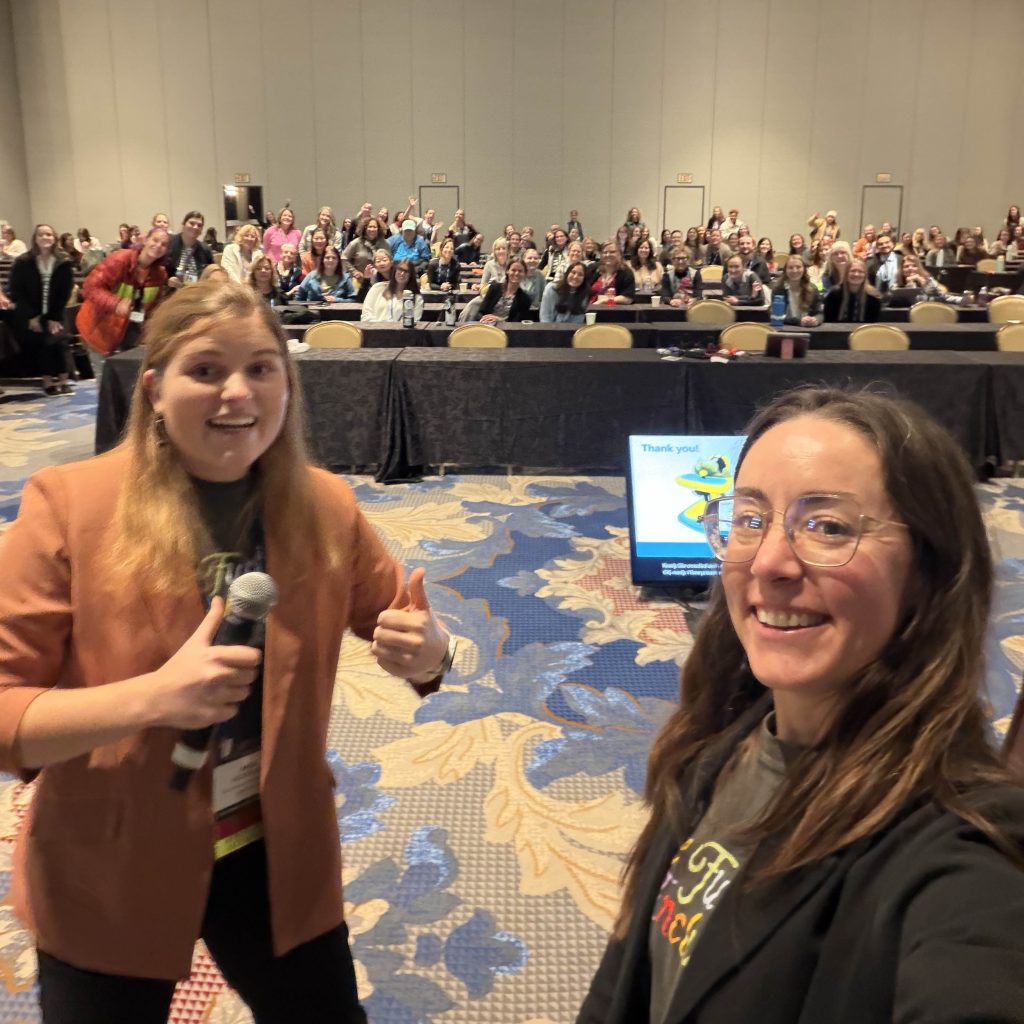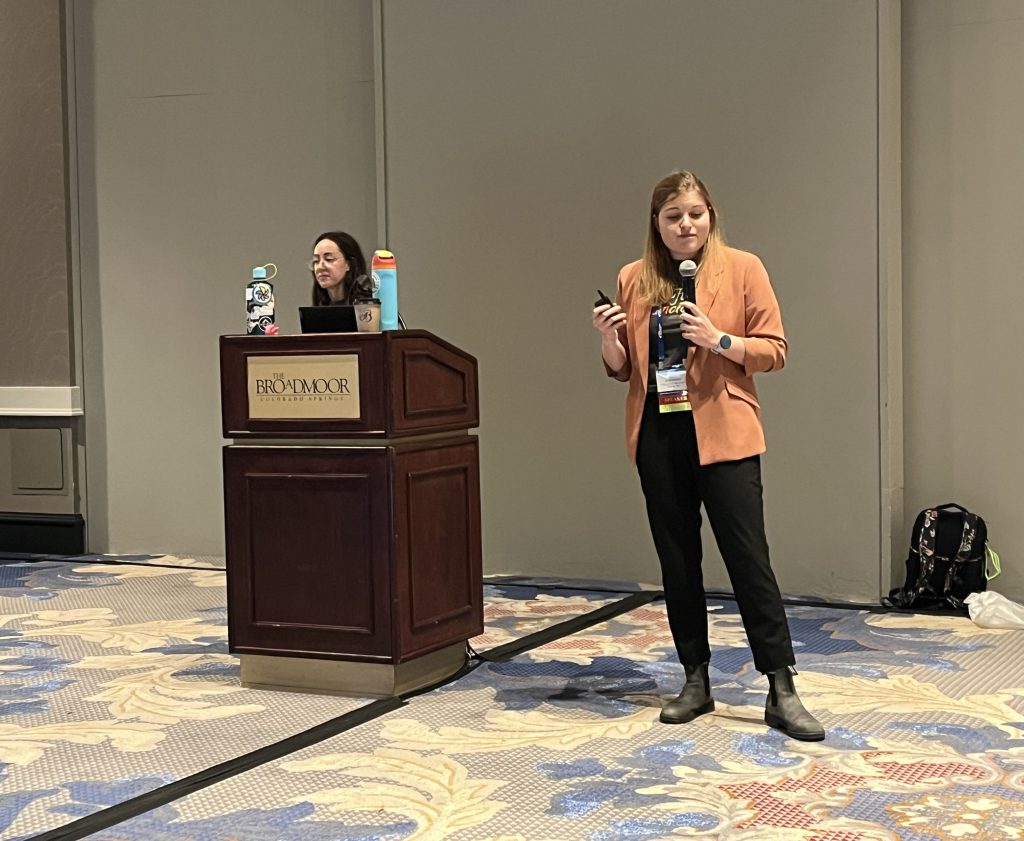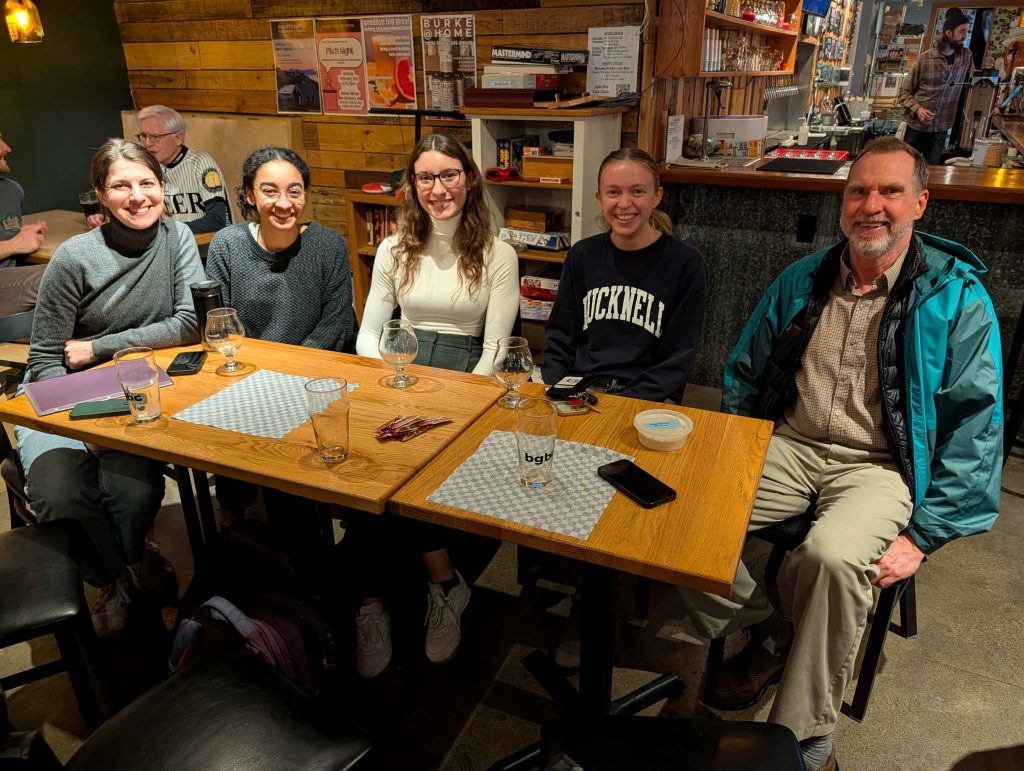
We’re excited to welcome Bruce MacWilliams, PhD, to Seattle as the new Director of Seattle Children’s Motion Analysis Lab. Bruce brings nearly three decades of experience in orthopedic and pediatric movement analysis, including leading gait labs at Shriners Hospitals for Children in Salt Lake City and holding long-time appointments in Orthopaedics at the University of Utah.
Seattle Children’s Hospital is building a brand‑new Motion Analysis Lab, and we’re thrilled to see Bruce leading the charge as this exciting clinical and research resource comes to life.
Welcome to Seattle, Bruce – we can’t wait to see the future of gait analysis research grow here in Seattle!

